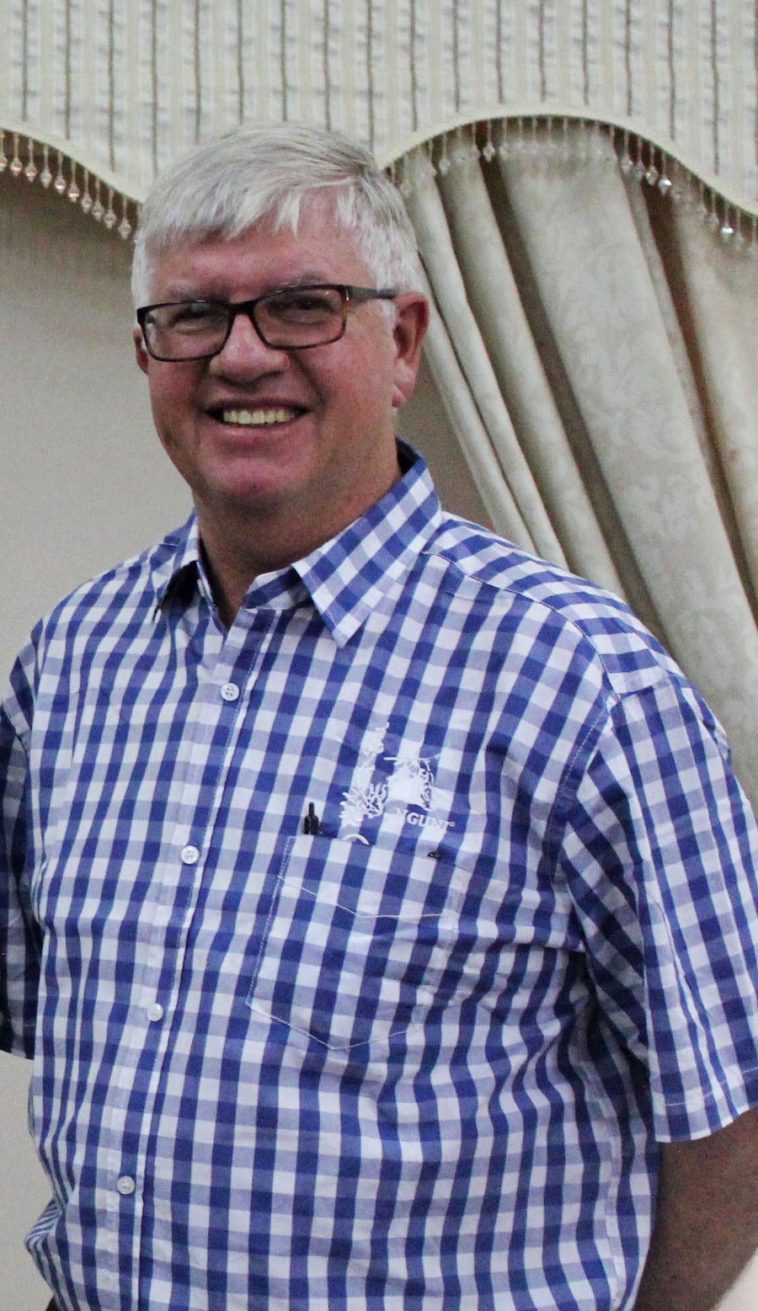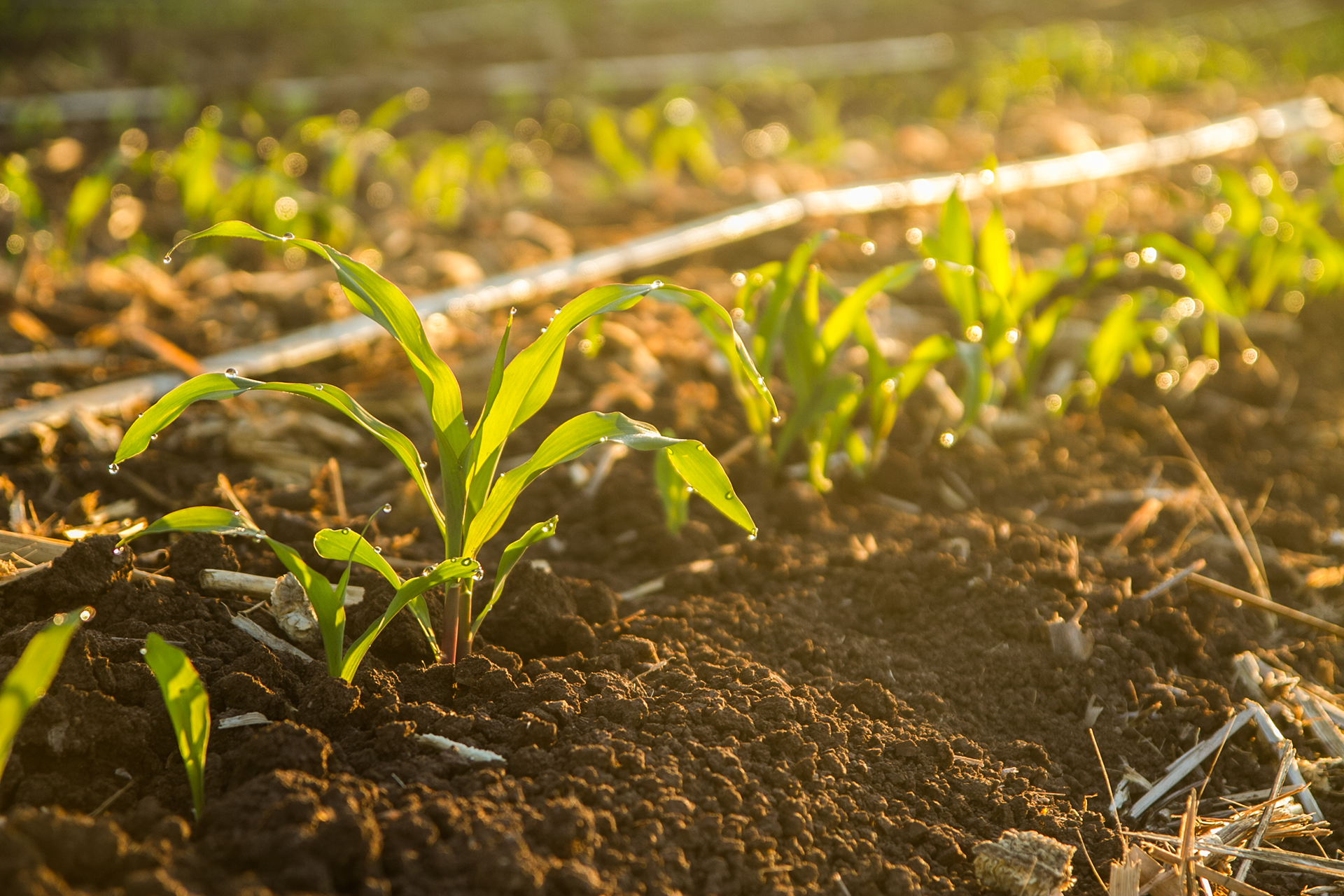Oswald Jannasch, President of the Nguni Cattle Breeders Society, grew up in the bushveld, on a mission station and went to school in a rural town. After school, he went to university, working during holidays on a farm to supplement his finances to study.
After undergraduate studies, he did his Civil service, got married, had three children, worked for a year, and then did postgraduate studies, which he completed in 1993, after which he started working and living in Polokwane.
“In 1997 I got the opportunity to acquire a piece of land and then bought a small number of mixed cattle. I started studying the breeds available as I wanted to do stud breeding, and the only Animal type that fitted my life circumstances was the Nguni. I registered my herd and acquired my first five Nguni cattle, an action I never regretted,” Oswald said.
He registered Matla Ngunis, “Matla”, which means “Power”, with the motto “the Power of Nature Tamed.”
“Working in the biological field, life had always fascinated me, and as I grew up in the country area, cattle was the ideal choice. In short, the Nguni is the no-nonsense breed and fits my work schedule. What interested me is the selection process over thousands of years with minimal man involvement in the Nguni breed,” Oswald said.
Background on the Nguni breed:
Nguni is among the oldest African and Southern African races, as far back as 2000 years before Christ. On petroglyphs, the Nguni were already visible in South Africa. In 1983 the breed was registered as a “developing breed” with the Registrar. The society started on 11 September 1985 with 59 breeders in Dundee, Kwa-Zula Natal. After 37 years as a society, we still go from strength to strength daily, and the Nguni race is our biggest priority.
Key characteristics of the breed?
The most important characteristics of a Nguni are those that one cannot see: Fertility, hardiness, maternal instinct, very long life, adapts easily to a new environment, calves very easily, high levels of blood urea, resistance to ticks and related diseases. Last but not least, the cattle have a good maternal line and are excellent for crossbreeding
Oswald’s vision for the society is to keep the Nguni cattle breeding society on track by ensuring improved monetization of the breed through sustainable development of production practices, breed significance, relationships, and commercial positioning.
The society’s vision is to make every Nguni farmer, stud and commercial, a successful farmer by developing and expanding national market access.
“Perhaps a first in the industry, we intend to handle all (most of) our technical training virtually, while the practical part will be held in different regions. We also need to empower stud breeders and commercial farmers with enough information to market the breed,” he added.
The Nguni cattle society also want to involve commercial farmers. “A commercial farmer is just as important as a breeder and can always join the society to obtain the latest news about the breed. We also invite Commercial farmers to upload their animals to the registration system, but with limited recording. (We are busy working on a system where commercial breeders may have the ability to record their animals),” Oswald said.
The Nguni cattle society is open every day of the week, and Liezel Grobler can be contacted on 051-448-7302 or email at liezel@nguni.co.za for more information. New breeders can also get an application form for their stud at Liezl.









